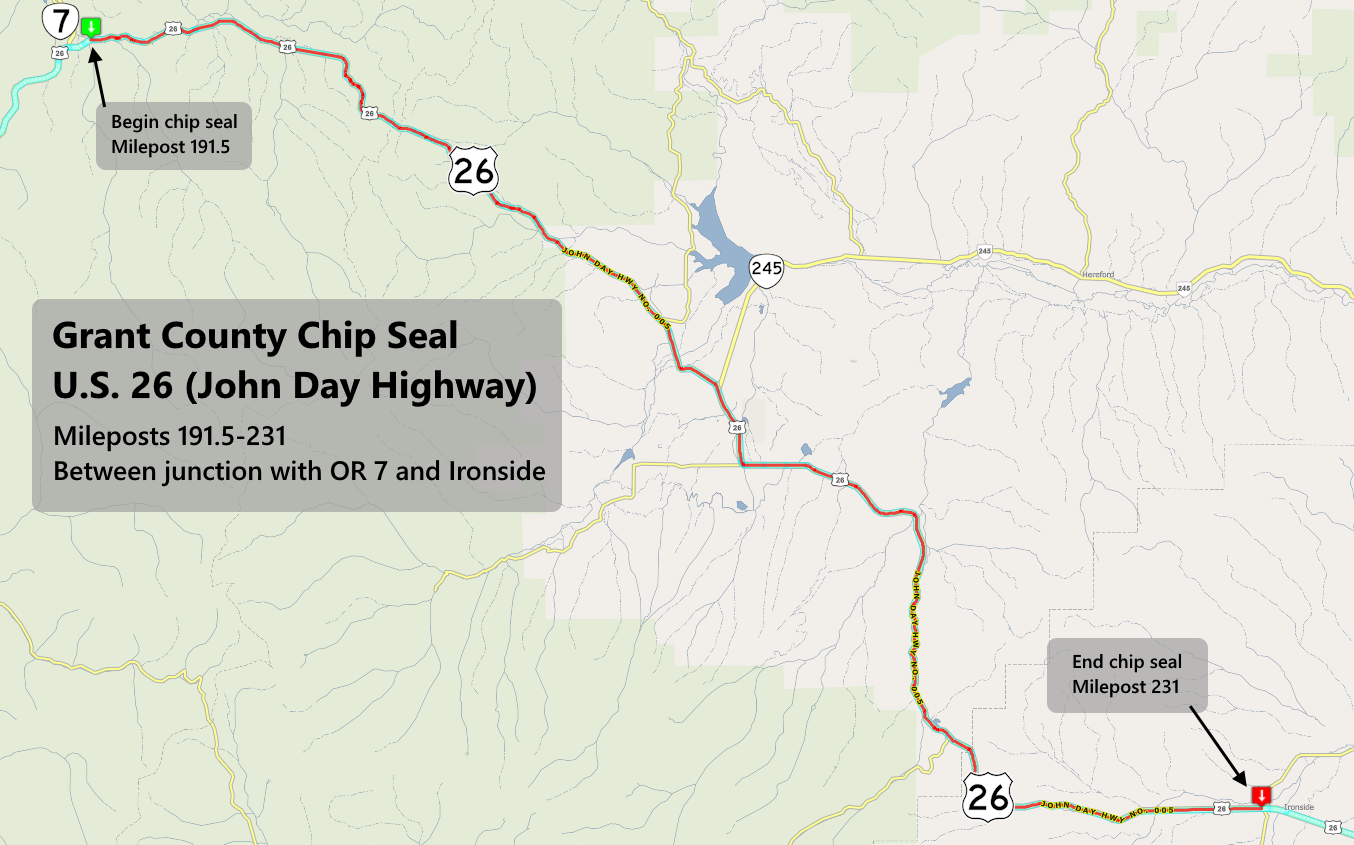Decades-old ‘slasher’ case returns to courtroom
Published 5:00 pm Sunday, March 30, 2014
Coquille, Ore. — (The World) One of the most shocking crimes perpetrated in Coos County took place in North Bend 21 years ago.
On Friday, the man who pled guilty to that crime as a teenager was back in a Coos County courtroom as an adult. He was hoping to improve his chances of getting out of prison on parole in the near, rather than distant, future.
The case of Jason Ray Dizick continues to leave people shaking their heads, over the senselessness of the crime as well as the confusing decades-long court battles following his sentencing.
The crime
On Jan. 11, 1993, Dizick, then 19, walked into the Ammo Bunker, a gun store at 2135 Broadway Ave., now operated as Tidewater Shooting Supplies.
He carried no weapons of his own, only a single shotgun shell in his pocket and a roll of duct tape.
It was that cartridge that he loaded into a shotgun from the store’s racks, holding owner Stephen McMullan at gunpoint. When McMullan tried to escape, Dizick struck him with the butt of the gun.
McMullan’s friend, Jerry Weist, had no idea what was going on when he walked into the shop a few minutes later and was confronted by Dizick wielding an Uzi 9mm submachine gun. His friend had his hands bound behind his back with the duct tape.
The robber ordered Weist onto his hands and knees and, taking a combat knife from the store’s display case, slit their throats.
“Fortunately, he didn’t know his anatomy very well,” said Coos County District Attorney Paul Frasier, then in his third year on the job as an assistant district attorney under Paul Burgett.
According to Weist, who told The World he played dead as Dizick stood over him with the Uzi, the would-be killer seemed nonplused by what he had done.
“It’s been fun,” Dizick allegedly said as he walked out the door. “But I’ve got to go now.”
Along with the Uzi, he took a .45-caliber semi-automatic pistol from the shop.
Buddy Young, then a lieutenant of the North Bend Police Department, was one of the first officers at the scene.
“There had been a light snow, and the footprints gave sort of a telltale sign of where (Dizick) had gone,” Young remembers.
Police got thousands of tips from all over the area, one of which eventually led detectives to Dizick.
A drifter with a history of drug problems, Dizick had been living with his 16-year-old girlfriend and her 36-year-old mother in a home at 16th Street and Broadway.
“He’d only gone four or five blocks up the street (from the scene),” Young said.
Frasier said officers immediately brought Dizick back to the scene after his arrest, where they had him walk investigators through a reenactment of the crime.
Under a plea agreement, Dizick pleaded guilty that March to two of the attempted aggravated murder counts, two counts of first-degree robbery with a firearm and two counts of first-degree assault.
The punishment
Judge Richard Barron sentenced Dizick to 68 years in prison — 30 years each for the attempted aggravated murder charges and eight years for the robbery charges, with the assault sentences to be served concurrently with their respective attempted murder charges.
It was that sentence, combined with a changing sentencing landscape in Oregon justice, that would ultimately lead Dizick back to Coos County in 2014.
“This was before Measure 11,” Frasier reminded reporters after Friday’s hearing.
There had been a switch to sentencing guidelines in 1989. Frasier says it was a switch that was still being sorted out early in 1993.
“Every crime has a ranking, one through 11,” Frasier explained. “At the time the sentencing guidelines were passed there were crimes, and there are still crimes, that are not ranked.”
If it is not a ranked crime, the judge must go through a procedure set forth in the statute to rank it. In 1993, attempted aggravated murder was not ranked.
The court of appeals would send the case back to Barron in 1996, looking for a corresponding ranking for the attempted aggravated murder charges.
Clouding things, sometime between 1993 and 1996, the legislature had added a ranking of 10 for that crime. That would give Dizick a much earlier date to apply for a parole hearing.
However, Barron ruled that he was still bound by 1993 law and not 1996 law, and gave the Dizick case an 11.
“He did everything that the court of appeals told him to do in 1996,” Frasier said. “He found what the presumptive sentence would be. That was on the record. It was in the transcript. Nobody caught, however, that the written order didn’t have that stuff in there.”
It was caught after Dizick asked for a parole board hearing in 2008 and was told they couldn’t offer one until 2038. There was nothing on the order about a presumptive sentence.
The appeals process would lead to a decision in December 2013 that effectively sent the whole thing back to Barron one more time.
Frasier then filed a motion to correct the judgment to reflect what was done in 1996, which allows Dizick to request a parole hearing sometime after 2018 at the earliest.
The reaction
An older, slightly paunchier Dizick, with a lengthy blond pony tail, was obviously agitated by the outcome of the most recent court appearance. He and his public defender, Ron Cox, had argued that the judge should revisit his original decision and rank his crime as a 10.
Barron, however, held firm to his original sentencing, and added it to the written court order.
Dizick’s family was not pleased with the ruling. Although some family members declined to comment, his aunt Mindy LaCorte said the punishment is too severe.
“How many people get 63 years for attempted murder,” she asked, “people with a known mental history?”
Frasier replied that Dizick knew what he was doing and that it was wrong, adding that a psychiatrist was there when the teen reenacted the crime for the prosecution.
“But for the grace of God, or whomever, if those two guys had died we’d be talking death penalty, we’d have been talking life without parole,” he said. “He took a very serious step. It’s not like he shot at them and missed. He took a knife and cut their throats, during the course of a robbery.”
It has been a long-running case, and it isn’t expected to be one that will go away anytime soon.
Dizick can appeal, and in a few years he will be able to ask for a parole hearing. Neither action is expected to conclude the case that began with a ruthless decision by a 19-year-old man to try and take two lives during the course of a robbery that turned out to be anything but routine.
Original article: http://bit.ly/1fI6c56
Coos County, Coquille, crime, in court, Jason Dizick, Jason Ray Dizick, Jerry Weist, North Bend, Oregon, Stephen McMullan







